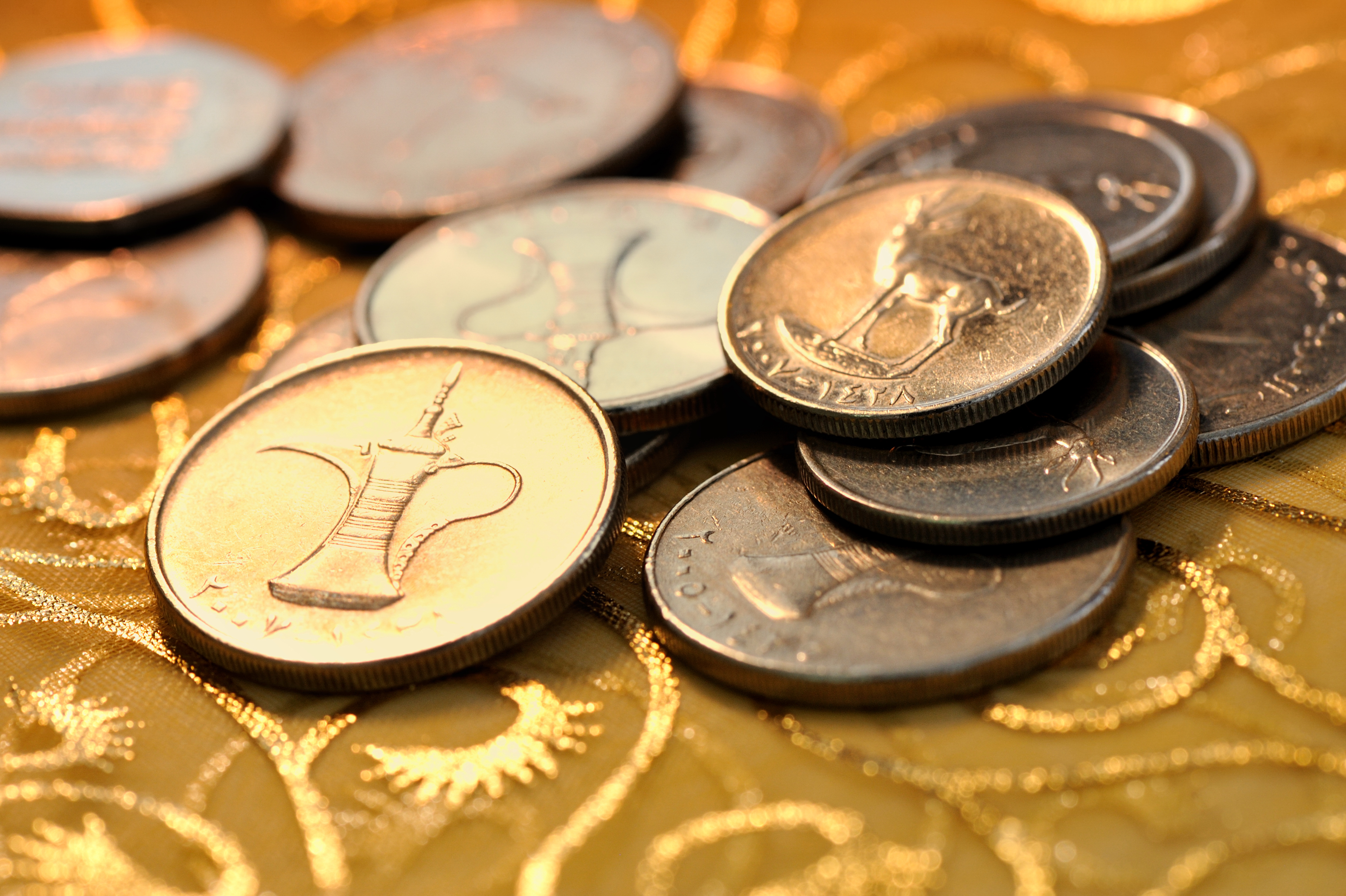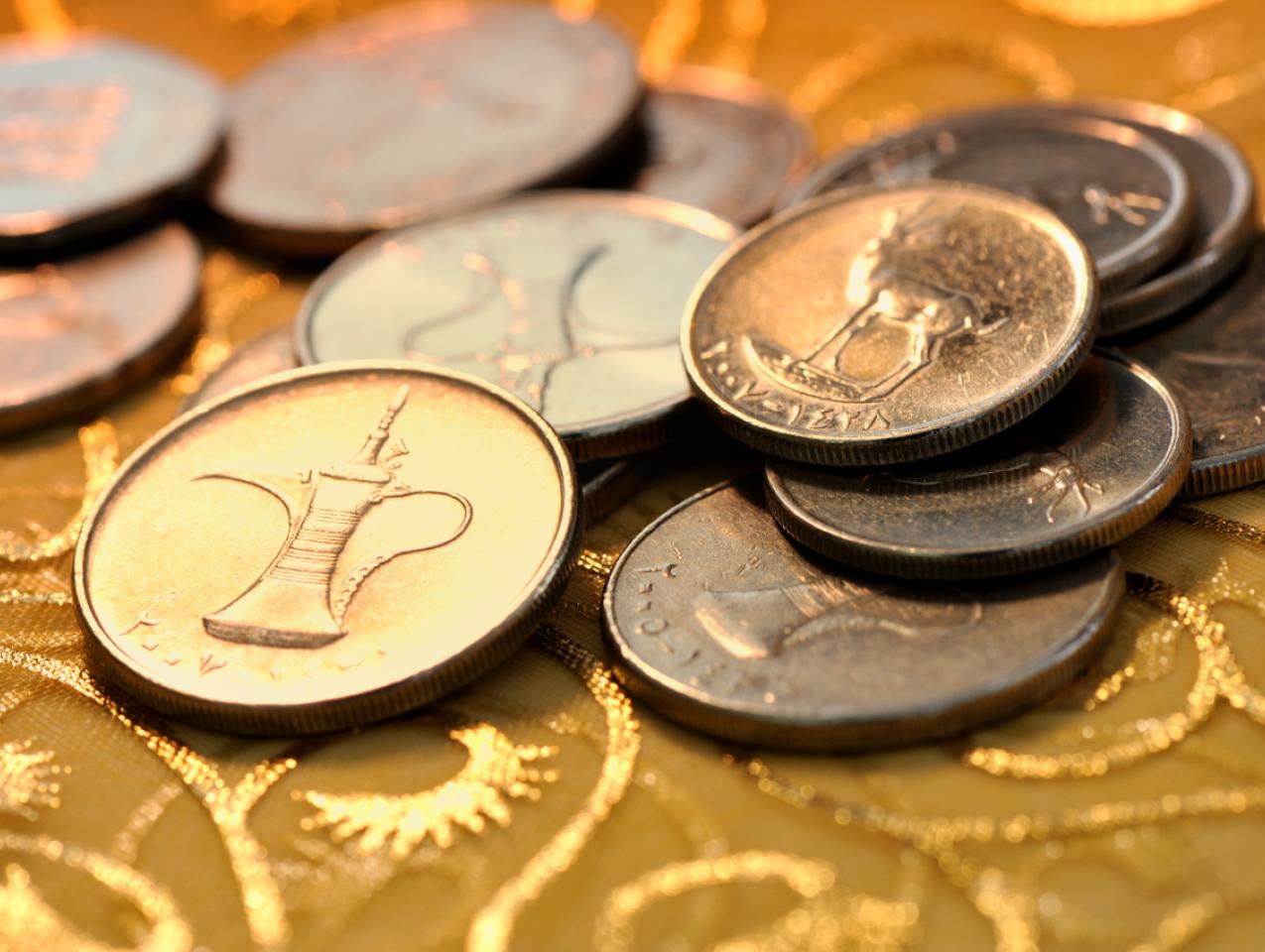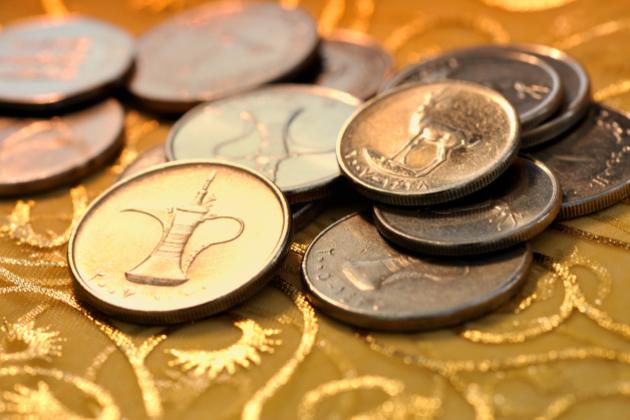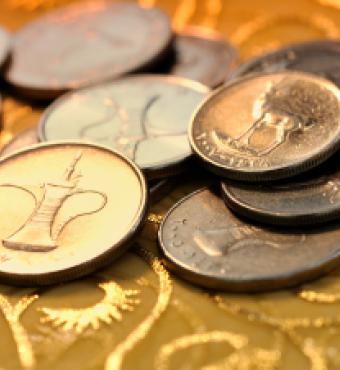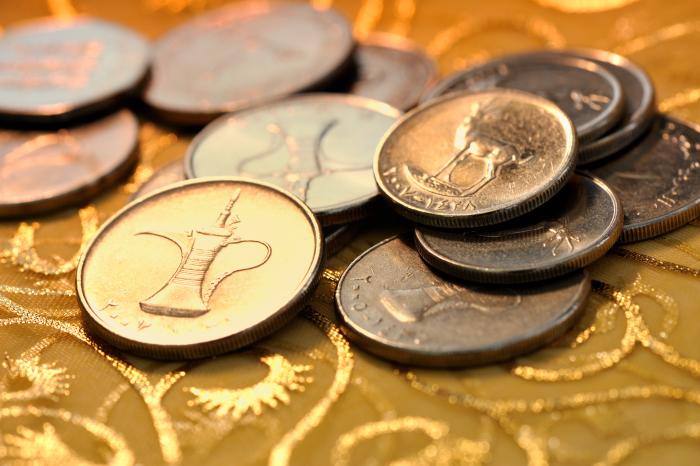A curious Islamic scholarly ruling emerged this month from a group of scholars associated with the Shariyah Review Bureau, an independent consultancy licensed by the Central Bank of Bahrain. The scholars granted a Swiss-based cryptocurrency, X8, a coveted sharia-compliant certificate, noting that its currency would be permissible under Islamic law. Pious Muslims interested in cryptocurrency can now trade the X8C StableCoin as it is called, citing the Shariya Review Board’s ruling as justification.
But not so fast. In much of the Muslim world, from Indonesia to Saudi Arabia to Pakistan, cryptocurrency trading is banned, regardless of any scholarly rulings. Other Islamic scholars have ruled against cryptocurrencies as purely speculative and contrary to Islamic finance principles, particularly the ban on interest.
Islamic banking’s core concept—a ban on interest, known as riba—dates back to the time of the Prophet Muhammad, who was a merchant himself. The riba ban is not unlike similar rules against usury in the Jewish and Christian traditions. The central idea behind the prohibition of interest arises from a mercantile bias in early Islamic theory. Early Islamic scholars felt that money alone cannot beget money: an underlying asset or good must be involved.
The X8C StableCoin, tied to gold and a basket of other currencies, is not the first cryptocurrency that has received the blessing of the Shariyah Review Bureau. In July, the same group granted a sharia-compliant license to a California-based firm, Stellar, for its blockchain technology and related cryptocurrency. As blockchain technology grows in importance, one can expect more Islamic scholars and firms to find ways to “halal-ize” various products, finding Islamic jurisprudential justifications to make them, as the industry lingo goes, “Sharia-compliant.” (Sharia refers to Islamic canonical law based on the Qu’ran and traditions of the Prophet, while halal refers to things permissible under Islamic law).
So, is there a titanic battle over cryptocurrency emerging in the Muslim world? Not really. It’s just another day in the world of competing rulings emanating from Islamic scholars in the fast-growing Islamic finance industry. The Shariyah Review Bureau - despite its grand name -- does not represent the world’s 1.8 billion Muslims, nearly a quarter of the world’s population. Rather, the Bahrain-based consultancy represents an important and often underreported piece of a story percolating throughout the Muslim world: the dramatic rise of Islamic finance and financial products and the consultants and scholars associated with it. With more than $2 trillion in assets growing at a rapid clip of 10-12% per annum, according to Thomson Reuters, Islamic finance has grown from its humble beginnings in the early 1960s to a global financial sector that has attracted the world’s leading banks and financial institutions.
While Islamic finance is growing rapidly, it must be noted that the industry remains significantly smaller than conventional financial services industry in the Muslim world that looks much like what we know in the Western world. Yes, the banks and banking ideas that emanated from humble beginnings in Italian city-states in the 14th century and grew in sophistication with innovations by the Dutch, English, and Swedes over the next few hundred years, which in turn have led to our modern banks today, as noted by Niall Ferguson in the Ascent of Money: A Financial History of the World, has left its imprint all over the world. This is also true of the Muslim world. Of the top twenty banks in the Arab world today, for example, only a few are what might be called sharia-compliant. Islamic finance principles do not dominate the commercial life of most Muslims.
When a firm in Indonesia or Pakistan issues a bond, more often than not, it is the same kind of interest-bearing bond we are familiar with in the West. On the other hand, there is a growing industry in issuing Islamic bonds, known as sukuk. But who would buy a bond that does not bear interest? Here is where the highly remunerated Islamic finance scholars and the cottage industry of consultants and Islamic bankers come in. They structure the bond to be aligned with Islamic principles against interest, while mirroring an interest rate by creating a complex financial instrument involving the sale and resale of an underlying asset. This has led some critics of Islamic banking to argue that the industry is simply aping Western financial instruments by creating complex structures that mimic interest rates but are acceptable to Sharia boards.
This pragmatism in search of profits has carried the day thus far in Islamic finance, and it’s why the industry is growing so rapidly. It’s also why firms such as Goldman Sachs and GE Capital have issued Islamic bonds as have the governments of the United Kingdom, Luxembourg, and Singapore. It’s also why so many of the world’s leading banks from Barclays to Citi to HSBC to Standard Chartered have set up Islamic “windows” to deliver sharia-compliant financial services.
It’s also why the big rating agencies from Standard and Poors to Fitch issue regular reports on the industry, and Thomson Reuters, Bloomberg, and other major global news agencies cover the industry closely.
The Islamic scholar “rock stars” who dominate the industry are not the fire and brimstone-types seen on satellite television, wagging a finger at the flock for “impious behavior” or peddling conspiracy theories about the West or Israel or promoting extremism. Rather, they declaim quietly in boardrooms, after emerging from first-class cabins and five star hotels in their global shuttling between global finance capitals from Dubai to Kuala Lumpur, London to Singapore.
This pragmatism driving profits model begs the obvious question: can the relative pragmatism displayed in this corner of the financial services industry be extrapolated onto a larger Muslim world theological canvas? The answer, alas, is likely no. The industry is sui generis, and while lessons can be drawn from pragmatism driving profits principle, it’s still a big leap from Islamic finance in boardrooms to the high and low debates of Islamic principles from the prestigious Al-Azhar University in Cairo to the dark corners of cyberspace.
Still, it is worth exploring the beginnings of the industry to understand its rise and its lessons. But going back to the beginnings does not mean journeying back a millennium or more, and debating the arcane musings of medieval theologians. In this case, we just need to go back to 1963.
In that year, Egyptian economist Ahmed El-Najjar started a quiet banking revolution in a small, unknown city about 75 kilometers outside of Cairo. In the city of Mit Ghamr, El-Najjar set up the first Islamic bank. His bank prohibited interest, granted loans very cautiously, and adhered to the key Islamic economic principle of profit-and loss-sharing. It was a success. Still, the bank closed its doors in 1967 due to pressure from the government, which associated Islamic banking with the Muslim Brotherhood.
Dubai’s turn was next: in 1975, the Dubai Islamic Bank opened its doors. It was the first modern Islamic bank, far more sophisticated than the Egyptian experiment, and one that was in a position to compete with Western banks. Today, Dubai Islamic Bank has branches all across the UAE, makes global investments, and is widely considered to be one of the top Islamic banks in the world, though it competes directly with the many conventional banks operating in Dubai and the UAE.
Still, even after the launch of Dubai Islamic Bank, growth did not take off for another two decades. Saudi Arabia preferred conventional, Western-style banking. In Egypt, political elites associated the industry with the outlawed Muslim Brotherhood—many of whose thinkers played a role in the intellectual underpinnings of the industry. Oman only lifted its ban on Islamic banking in 2011. Today, Islamic banking is widely accepted and encouraged by governments across the Muslim world. It’s still a smaller game than conventional banks in most Muslim countries, with the notable exception of Malaysia where Islamic banking predominates, but one that is growing fast.
The Islamist intellectuals that promoted Islamic banking in the 1960s tended towards an anti-Western, anti-colonial outlook. Many of them today would likely bristle at the major role Western financial institutions play in today’s Islamic finance.
That early Islamist anti-colonialism has since given way to a more pragmatic, opportunistic, globalized industry that has entered the mainstream of global finance. Purists and critics suggest that the industry has been corrupted by profits, and that a letter of the law loophole mentality of mirroring Western debt instruments prevails.
Thomson Reuters suggests that the industry is headed for $3.8 trillion in assets by the year 2022. Business schools have gotten in on the act, offering certificates and masters degrees in Islamic finance from England to Spain. After all, it can be a good career move. The dearth of top scholars means that some sit on a dozen boards, shuttling between Doha and Dubai, Kuala Lumpur and London, earning millions of dollars a year in the process.
Afshin Molavi is a senior fellow at the Foreign Policy Institute of Johns Hopkins SAIS and a visiting fellow at the Hoover Institution.







